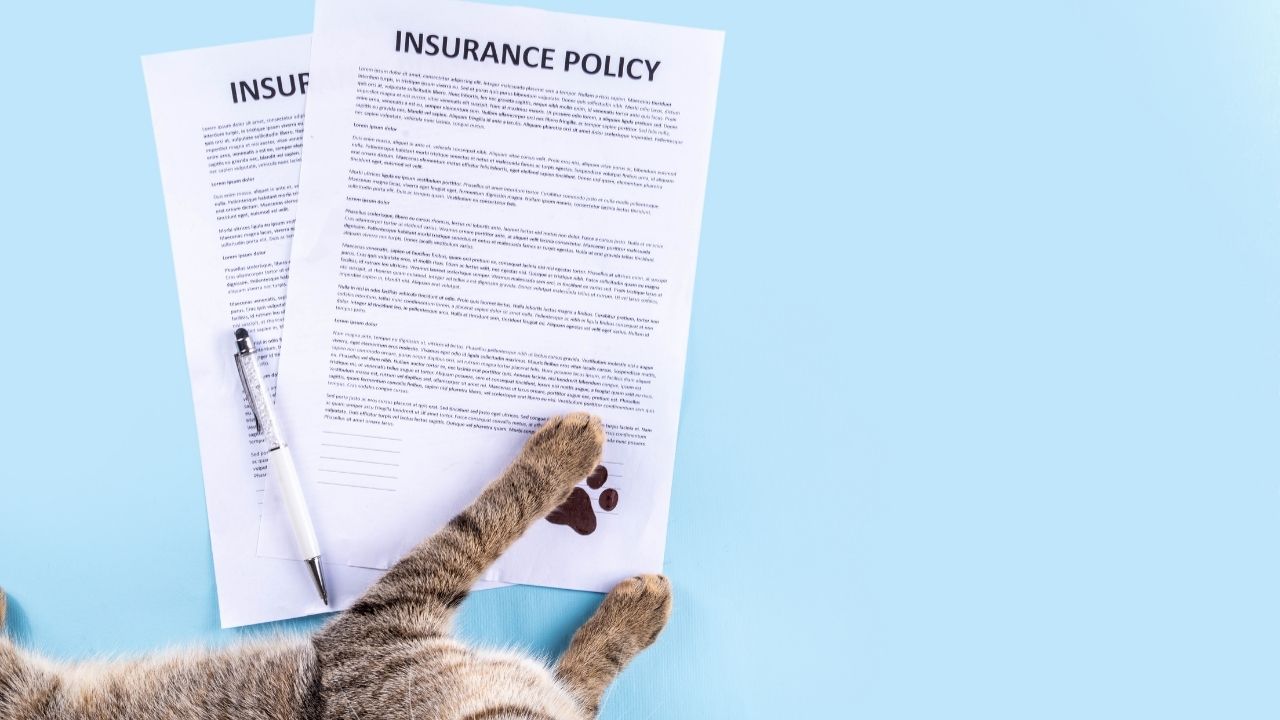
Deciding whether to allow pets in your rental property is one of the biggest questions landlords face. It’s not just about personal preference, this choice can impact how fast your property rents, the type of tenants you attract, and even your long-term profitability.
There are valid concerns on both sides. Pets can cause damage, lead to noise complaints, and create additional cleaning needs. But they can also help you fill vacancies faster and reduce tenant turnover. Let’s look at both sides so you can make the best decision for your property.
Why Landlords Hesitate to Allow Pets
Many landlords start off hesitant about pets and understandably so. The potential for scratched doors, chewed fences, or damaged flooring can be worrying. Even well-trained animals can occasionally cause issues that require repairs.

Insurance coverage is another concern. Some homeowner policies exclude certain dog breeds due to perceived risk, so it’s worth reviewing your policy carefully before making a decision.
Then there’s the question of upkeep. Allowing pets often means additional cleaning and maintenance between tenants. Professional carpet cleaning, including flea treatment, is usually a must at the end of each lease. This ensures the next tenant moves into a clean, allergen-free space.
The Benefits of Saying “Yes” to Pets
Despite the potential drawbacks, there are clear upsides to opening your rental to pet owners.

1. Larger Tenant Pool
By allowing pets, you instantly expand your pool of qualified applicants. Many renters own pets, and properties that welcome them tend to fill faster. Faster leasing means fewer days your property sits vacant and less lost rent.
This is especially valuable if you’re already looking for ways to buy investment property in Phoenix or grow your rental portfolio. Shorter vacancy times make your overall investment more efficient and profitable.
2. More Stable, Long-Term Tenants
Pet owners often stay longer because it’s harder for them to find pet-friendly rentals. This translates to fewer turnovers, lower vacancy costs, and more consistent cash flow for you.
A stable tenant who renews year after year can make a major difference in your property’s performance. Over time, fewer turnovers also mean less wear and tear and reduced administrative work on your end.
3. Added Income Opportunities
You can offset the potential for property damage by charging a pet deposit or monthly pet rent. These funds help cover any repairs related to pet activity after move-out, such as damaged flooring or landscaping.
This structure not only protects your investment but also signals to tenants that responsible pet ownership is expected.
Setting Pet Policies That Work
If you decide to allow pets, it’s important to set clear and consistent policies. Start by outlining approved breeds, sizes, or even age limits if you feel certain types pose higher risks. Because pets aren’t a protected class under fair housing laws, you have flexibility in setting these guidelines.

Be sure to include a detailed pet addendum in your lease agreement. This should specify expectations around behavior, cleaning, and liability. It’s also smart to confirm that your rental property remains safe and compliant with local regulations.
And don’t forget your insurance. Review your policy or talk with your provider to confirm what’s covered, especially if your tenants have larger dogs or restricted breeds.
Balancing Risk and Reward
The truth is, there’s no universal answer when it comes to pets in rentals. Every property, neighborhood, and landlord has unique circumstances. The key is balancing risk and reward in a way that aligns with your goals.

For example, if your property is located in one of the best areas to invest in Phoenix, you may find that attracting a broader tenant base, including pet owners, helps keep occupancy rates high and your property competitive.
At the same time, having clear guidelines and fair deposits in place ensures you’re protected if damages occur.
Handling Issues If They Arise
Even with careful screening, occasional issues can happen. If a tenant’s pet causes property damage or repeated disturbances, review your lease terms to ensure you can address it quickly.
In rare cases where a tenant refuses to comply, you may need to understand the Arizona eviction process to handle the situation legally and efficiently. Most landlords, however, find that with proper communication and documentation, problems are rare and manageable.
Final Thoughts
Allowing pets isn’t a one-size-fits-all decision. But when managed properly, it can open the door to loyal tenants, reduced vacancies, and a stronger rental business overall.
If you’re unsure where to start or want help establishing a pet policy that protects your investment, visit SGI Property Management for professional guidance. Their team understands the local market and can help you create a rental strategy that works best for you and your tenants.









